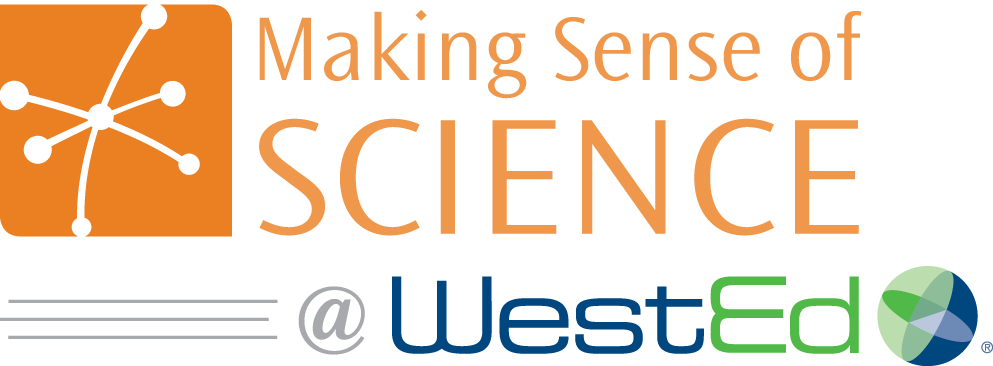Determining the Impact of MSS on Science Achievement

Empirical Education is conducting an evaluation of Making Sense of SCIENCE (MSS) under an Investing in Innovation (i3) five-year validation grant awarded in 2014. MSS is a teacher professional learning approach that focuses on science understanding, classroom practice, literacy support, and pedagogical reasoning. The primary purpose of the evaluation is to assess the impact of MSS on teachers’ science content knowledge and student science achievement and attitudes toward science. The evaluation takes place in 66 schools across two geographic regions—Wisconsin and the Central Valley of California. Participating Local Educational Agencies (LEAs) include: Milwaukee Public Schools (WI), Racine Unified School District (WI), Lodi Unified School District (CA), Manteca Unified School District (CA), Turlock Unified School District (CA), Stockton Unified School District (CA), Sylvan Unified School District (CA), and the San Joaquin County Office of Education (CA).
Using a Randomized Control Trial (RCT) design, in 2015-16, we randomly assigned the schools (32 in Wisconsin and 34 in California) to receive the MSS intervention or continue with business-as-usual district professional learning and science instruction. Professional learning activities and program implementation take place during the 2016-17 and 2017-18 school years, with delayed treatment for the schools randomized to control, planned for 2018-19 and 2019-20.
Confirmatory impacts on student achievement and teacher content knowledge will be assessed in 2018. Confirmatory research questions include:
What is the impact of MSS at the school-level, after two years of full implementation, on science achievement in Earth and physical science among 4th and 5th grade students in intervention schools, compared to 4th and 5th grade students in control schools receiving the business-as-usual science instruction?
What is the impact of MSS on science achievement among low-achieving students in intervention elementary schools with two years of exposure to MSS (in grades 4-5) compared to low-achieving students in control elementary schools with business-as-usual instruction for two years (in grades 4-5)?
What is the impact of MSS on teachers’ science content knowledge in Earth and physical science compared to teachers in the business-as-usual control schools, after two full years of implementation in schools?
Additional exploratory analyses are currently being conducted and will continue through 2018. Exploratory research questions examine the impact of MSS on students’ ability to communicate science ideas in writing, as well as non-academic outcomes, such as confidence and engagement in learning science. We will also explore several teacher-level outcomes, including teachers’ pedagogical science content knowledge, and changes in classroom instructional practices. The evaluation also includes measures of fidelity of implementation.
We plan to publish the final results of this study in fall of 2019. Please check back to read the research summary and report.

